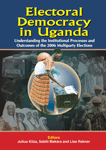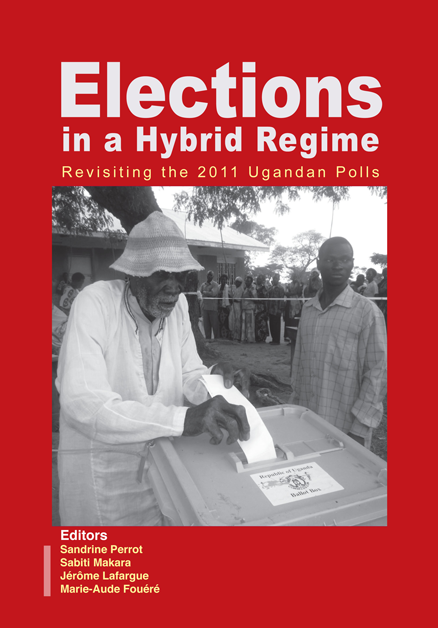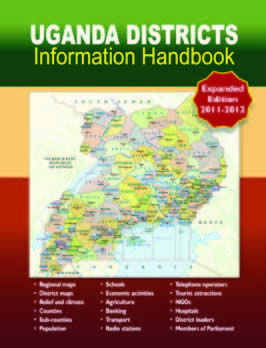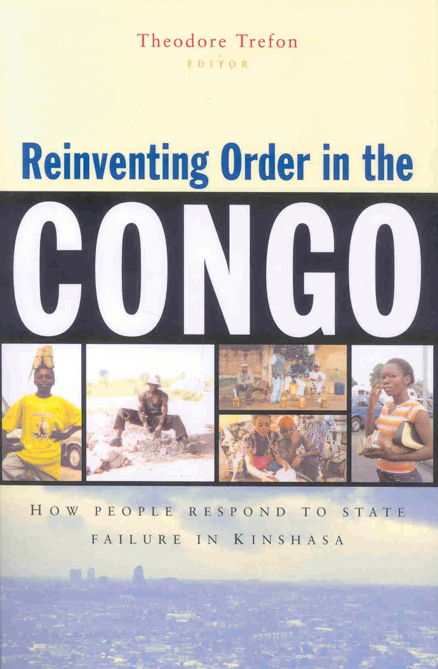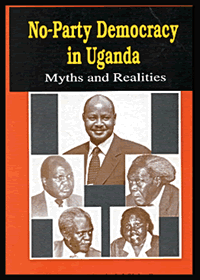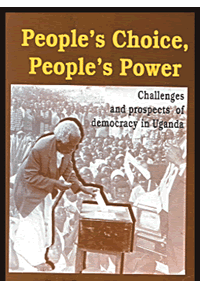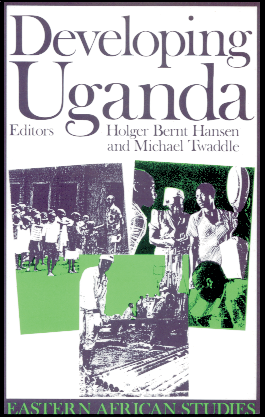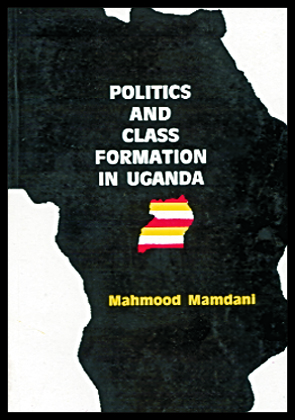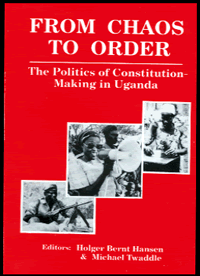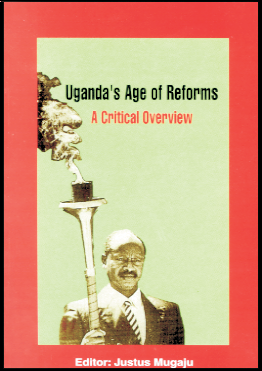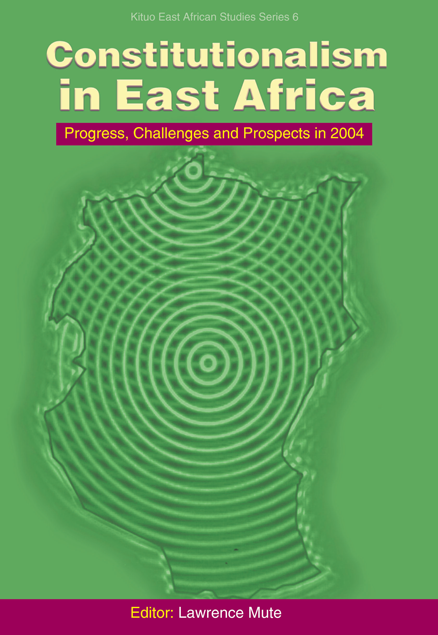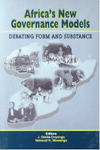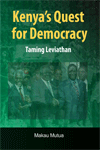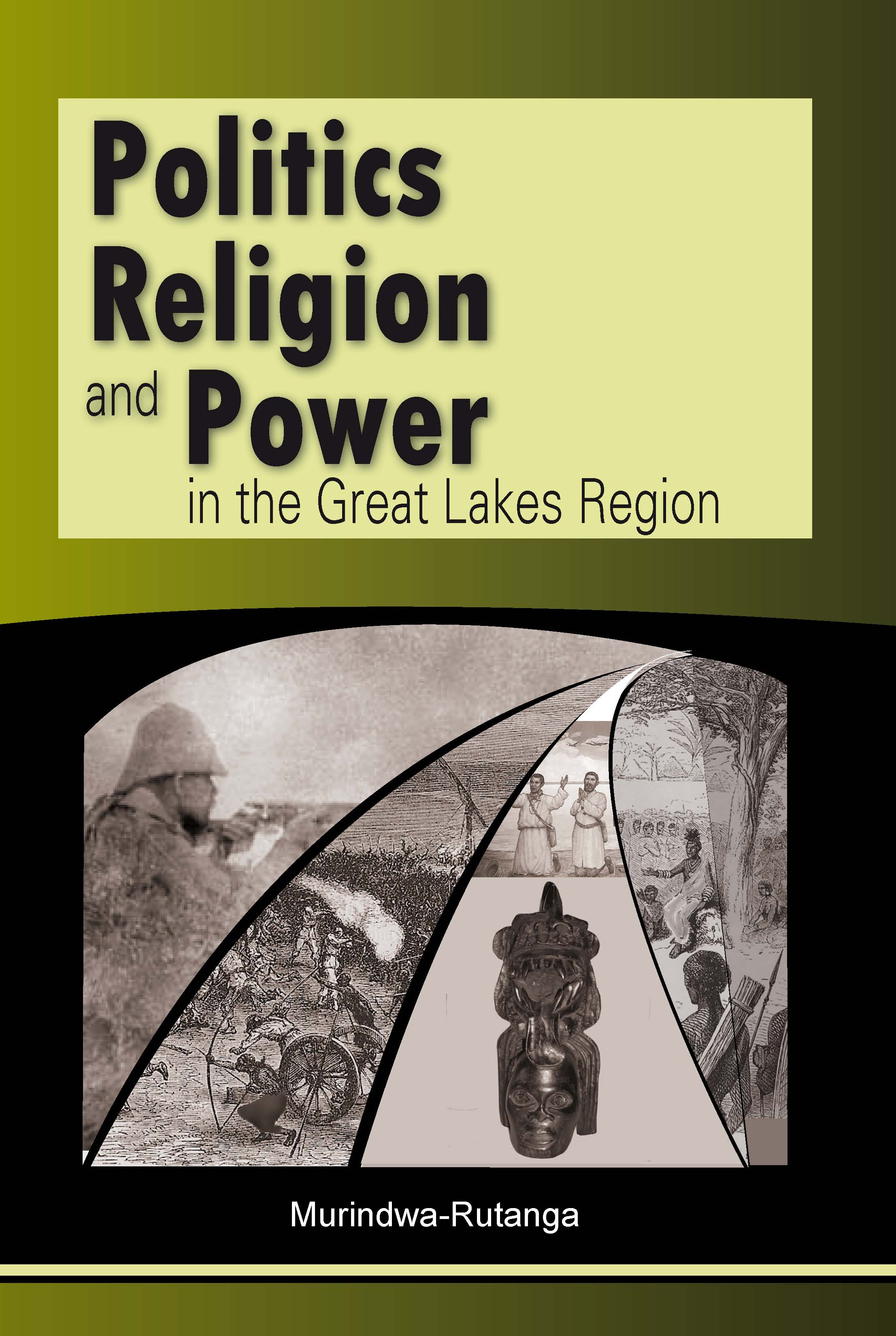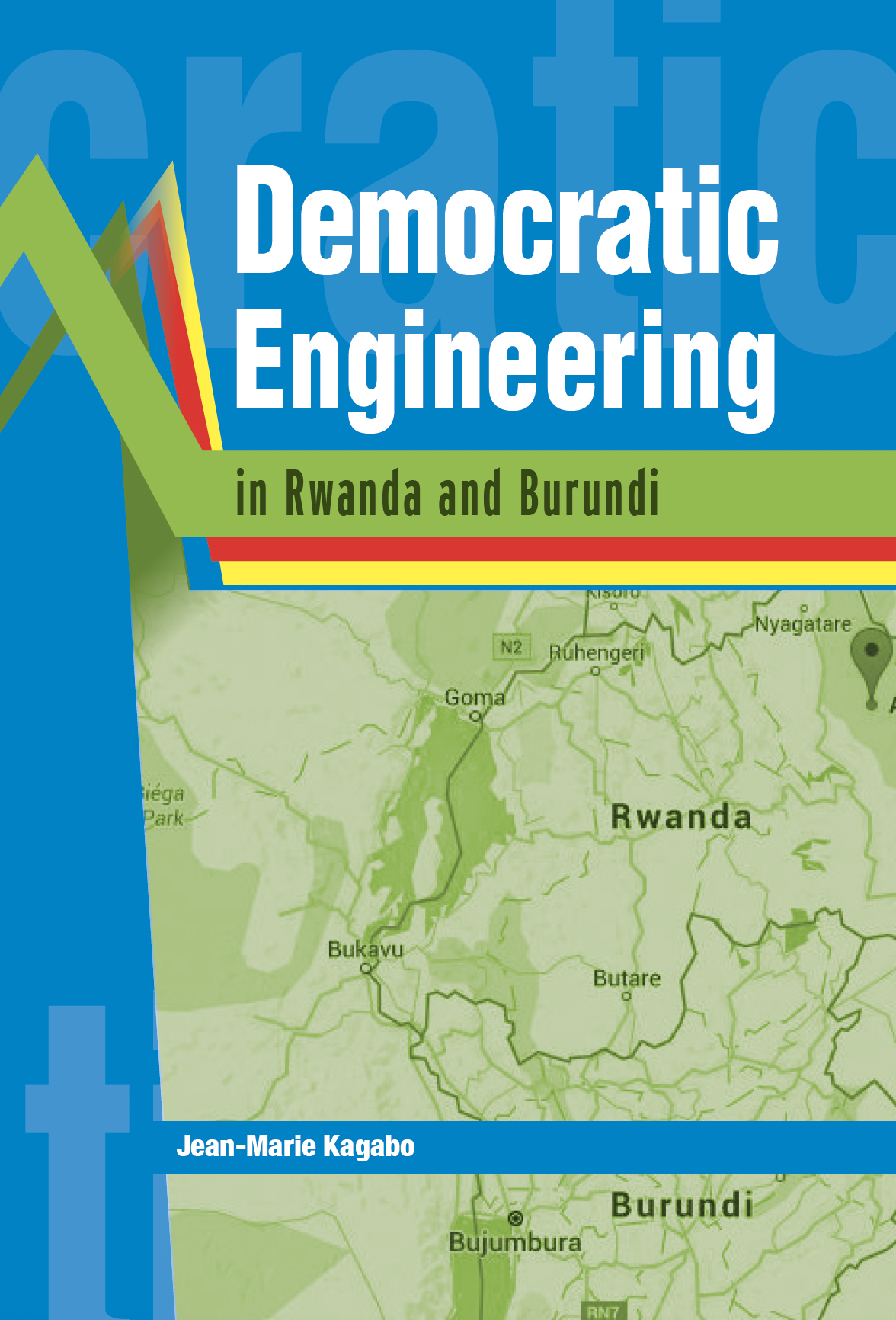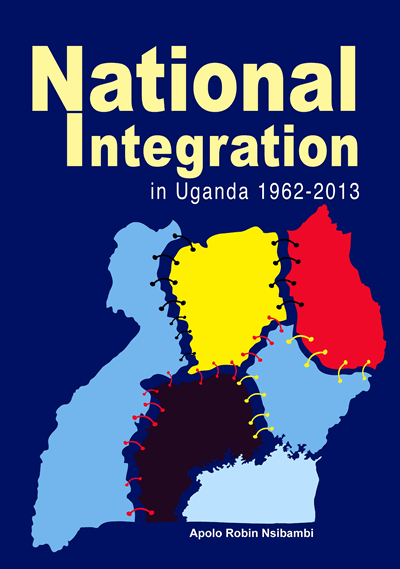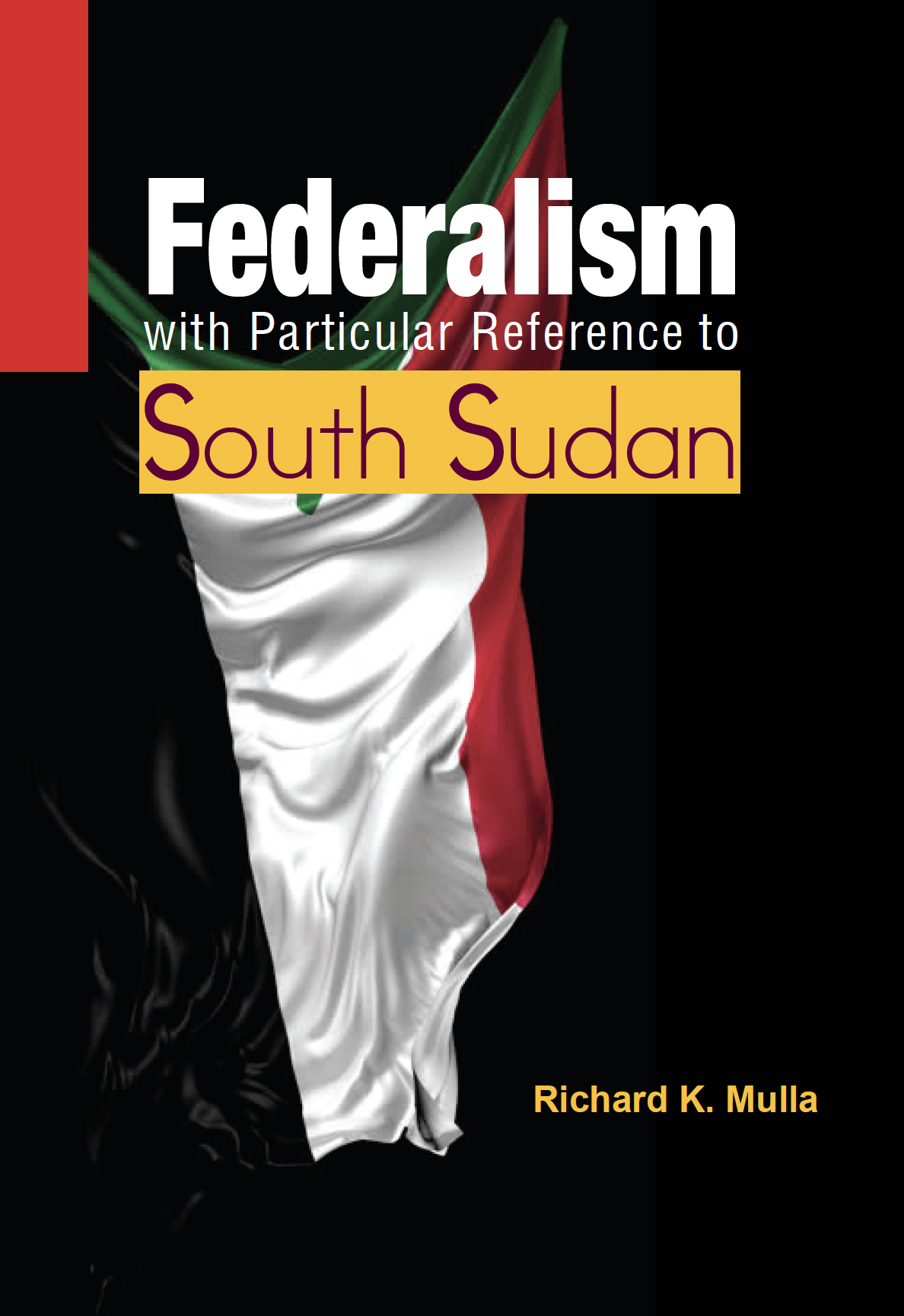Electoral Democracy in Uganda: Understanding the Institutional Processes and Outcomes of the 2006 Multiparty Elections
Sabiti Makara
Julius Kiiza
Lise Rakner
The book analyses the institutionalisation of democratic practice in the country with reference to the 2006 elections. Accordingly, the book analyses the 2006 elections in terms of the broader process involving the setting of rules for political contests; the registration of voters and parties; the nomination of candidates; the campaigning and voting; the ballot counting and tallying; and, fi nally, the handling of election complaints. The book examines four key institutions that should, ideally, secure democratic governance – the parliament, the Electoral Commission (EC), the judiciary, and political parties. The book also has chapters on the roles of women, civil society and the media, and security agencies in the 2006 elections.
This book is a must read for contemporary researchers, students, donors and policy practitioners in the fields of democracy and governance; comparative politics; political institution-building; and African politics.
Other books by this author
More titles from Politics and International Affairs
Democratic Decentralisation in Uganda: A New Approach to Local Governance
(USD 3.3)
Media in Situations of Conflict: Roles, Challenges and Responsibilities
(USD 2.8)
History of the Democratic Party of Uganda: Thirty Years (1954-1984)
(USD 3.9)
Good Muslim, Bad Muslim: America, the Cold War & the Roots of Terror
(USD 5.6)
The Politics of Transition in Africa: Review of African political economy
(USD 18.6)
Re-inventing Order in the Congo: How People Respond to State Failure in Kinshasa
(USD 14.7)
When Victims Become Killers: Colonialism, Nativism and The Genocide in Rwanda
(USD 5.6)
Citizen and Subject: Contemporary Africa and the Legacy of Late Colonialism
(USD 6.9)
Uganda: The Bloodstained Pearl of Africa and its Struggle for Peace
(USD 5.6)
The Politics of Empowerment of Banyarwanda Refugees in Uganda 1959 - 2001
(USD 2.8)
Guns and Governance in the Rift Valley: Pastoralist Conflict and Small Arms
(USD 11.1)
African Intellectuals Rethinking Politics,Language,Gender and Development
(USD 14.2)
The Politics of Empowerment of Banyarwanda Refugees in Uganda 1959-2001
(USD 2.8)


